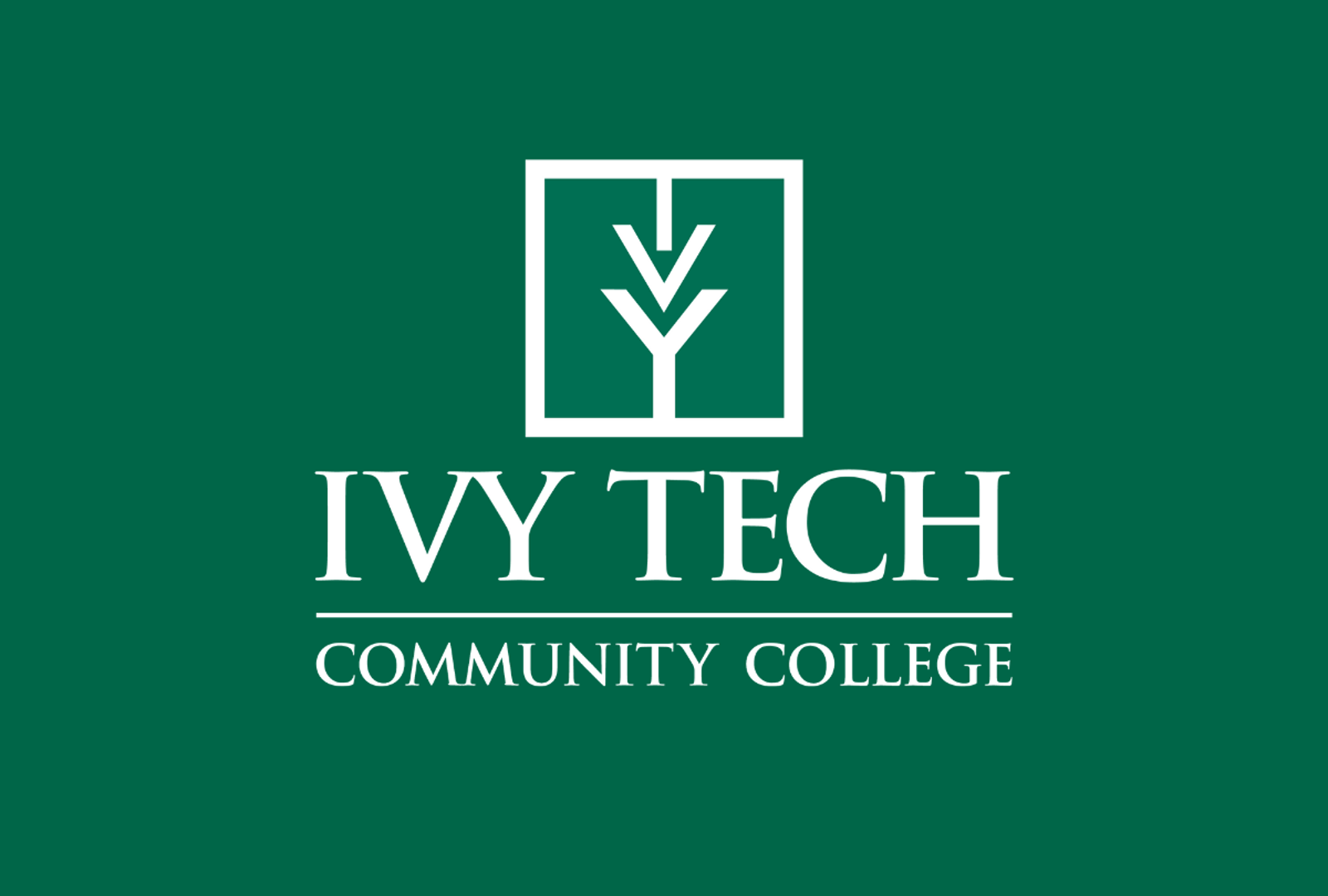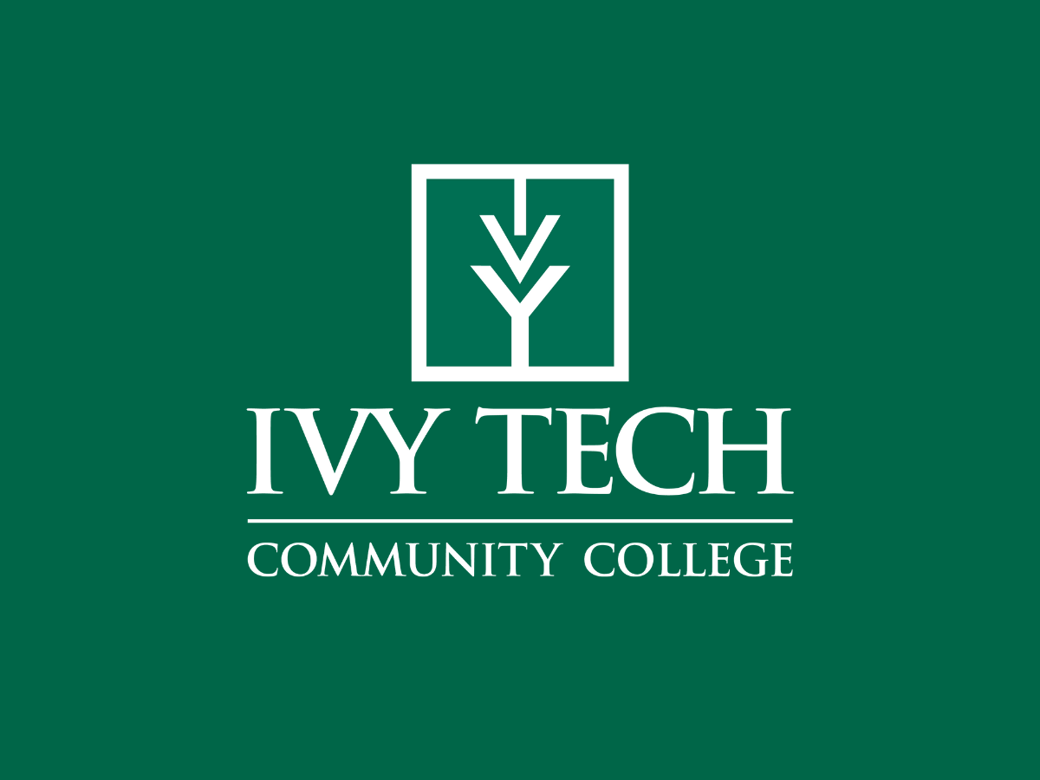Ivy Tech numbers plateau for fall semester
By Mike Leonard 331-4368 | mleonard@heraldt.com
September 8, 2011
After a decade of explosive growth, enrollment figures for the Bloomington campus of Ivy Tech Community College appear to have hit a plateau this year.
The campus lists its enrollment for the fall semester of the 2011-12 academic year at 6,229, down 186 students from last year’s record of 6,415.
The number still could and likely will climb, however, as enrollment for shorter, 8- and 12-week classes get added into the mix, according to Chancellor John Whikehart.
The Bloomington chancellor did not see the flattening of enrollment as a good potential argument against plans to expand the primary campus building that opened in the fall of 2002. “We’ve only grown 271 percent since we opened the doors here,” he said this week.
The primary campus building, recently renamed the Connie and Steve Ferguson Academic Building, was built to accommodate 5,000 students. Enrollment remains far beyond the facility’s capacity and the campus is spending about $400,000 a year to lease space, primarily in nearby shopping strip buildings. Whikehart said the debt service on the $20.35 million, 85,000-square-foot addition approved by the Legislature but not released by the State Budget Committee would be less than the payout for leased space. On site space would contribute to the campus cohesion that added to student morale and enrollment growth when the current facility opened.
Bloomington’s slight decrease was not an anomaly within the community college system, with other campuses experiencing similar enrollment declines, including Lafayette (-800); Evansville (-200); South Bend (-250); Muncie (-245) and Anderson (-245).
Whikehart said a variety of factors appear to have affected the strong growth experienced across the statewide community college system, including a decrease in scholarship support and a new assessment tool that directs students with high remediation needs into adult education programs other than the ones provided by Ivy Tech.
“We are doing some things to have better prepared students the first day they walk into classes,” Whikehart said. “What that means is we’re admitting fewer students but we’ll have better retention rates as a result.”
There also are other positive trends within the numbers. High school students taking dual-credit courses that apply to their home schools and Ivy Tech hours increased by 140 students, from 70 last year to 210.
Guest students who attend other higher education institutions but enroll for specific Ivy Tech classes rose from 105 to 206.
Transfer rates also show a positive trend, Whikehart said. Out of last year’s 6,415 students, 742 graduated with associate degrees or certificates, 900 transferred to four-year institutions and 94 did so through the Hoosier Link partnership with Indiana University Bloomington. “That means that 1,736 of our students lost from last year did something successfully,” Whikehart said.
Course credit hours transferred from the Ivy Tech Bloomington campus to other four-year institutions totalled 18,342 credit hours for 2009-10 (the last year compiled) with the most hours, 71 percent, going to IU Bloomington, 13 percent to IUPUI and 6 percent to Indiana State University. “We remain a magnet campus with students from 77 counties (out of 92) from across the state,” Whikehart said.
Ivy Tech Bloomington also is expanding its offerings in other areas including culinary arts and other arts-related fields and in foreign study through a partnership with the Center for International Studies.
Copyright: HeraldTimesOnline.com 2011
About Ivy Tech Community College
Ivy Tech Community College is Indiana's largest public postsecondary institution and the nation's largest singly accredited statewide community college system, accredited by the Higher Learning Commission. Ivy Tech has campuses throughout Indiana and also serves thousands of students annually online. It serves as the state's engine of workforce development, offering associate degrees, long- and short-term certificate programs, industry certifications, and training that aligns with the needs of the community. The College provides a seamless transfer to other colleges and universities in Indiana, as well as out of state, for a more affordable route to a bachelor's degree.





